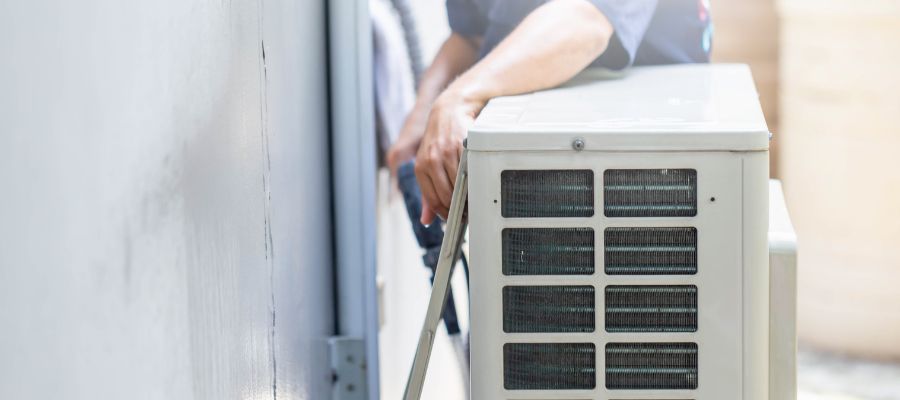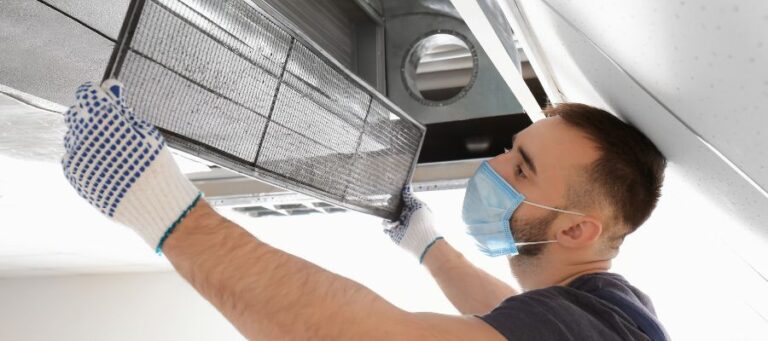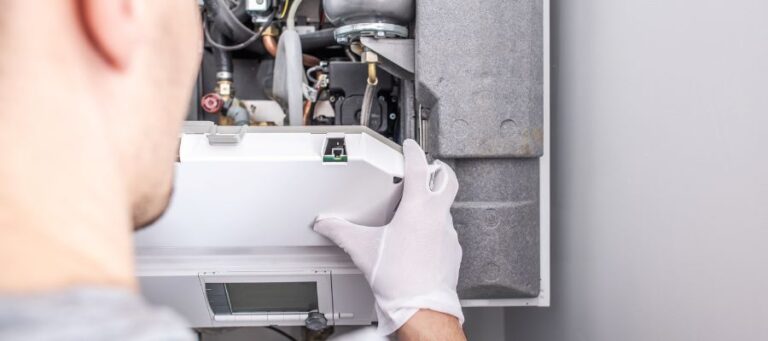

HVAC Services
Get Professional Repairs From The Area's Trusted HVAC Technicians. Ask About Our Services! We Offer Professional Heating & Cooling System Repairs And Guarantee Long-Lasting Results.
Got Question? Call us: (850) 678-2665Financing
The Comprehensive Guide to Understanding Furnace Systems

Understanding furnace systems is crucial for maintaining comfortable indoor temperatures, especially during the cold winter months. This comprehensive guide delves into the various aspects of furnace systems, providing insights into their types, installation process, maintenance, energy efficiency, and much more.
Understanding the Different Types of Furnace Systems
There are several types of furnace systems, each with its unique set of benefits and considerations. The common ones include:
Natural Gas Furnaces
These are the most common type of furnaces, known for their efficiency and cost-effectiveness. A natural gas furnace utilizes a gas burner, heat exchanger, and a blower motor to heat and distribute warm air throughout the house.
Oil Furnaces
Oil furnaces, though less efficient than their natural gas counterparts, are typically used in regions where oil is more readily available and affordable.
Electric Furnaces
Ideal for warmer climates, electric furnaces convert electricity into heat. While they boast nearly 100% efficiency, their operating costs can be higher due to the cost of electricity.
Propane Furnaces
These furnaces are suitable for areas where natural gas isn’t readily available. They require a propane tank and regular refills.
Heat Pumps
These versatile systems can both heat and cool your home by transferring heat energy from one place to another. They are highly efficient and eco-friendly, making them a popular choice in moderate climates.
Key Components of a Furnace System
Understanding the components of a furnace system is crucial in managing its maintenance and troubleshooting any issues that might arise. Key parts include:
- Heat Exchanger: This component separates the combustion process from your home’s circulating air, playing a vital role in safety and efficiency.
- Blower Motor: The blower motor circulates the air throughout your home, distributing the heat evenly.
- Thermostat: This device controls the temperature settings, triggering the furnace to start or stop based on your preferred indoor temperatures.
- Filters: Furnace filters trap dust, allergens, and other particles, ensuring the air circulating in your home is clean.
Installation and Maintenance of Furnace Systems
Professional installation is key to the longevity and efficiency of your furnace system. A poorly installed furnace can lead to frequent repairs, increased energy costs, and reduced lifespan.
Routine maintenance, including regular filter changes, system check-ups, and seasonal tune-ups, ensure your furnace runs smoothly and efficiently. It can also help you detect potential issues early, saving on costly repair or replacement.
Energy Efficiency and Furnace Systems
The energy efficiency of a furnace is measured using the AFUE (Annual Fuel Utilization Efficiency) rating. The higher the AFUE, the more efficient the system is. High-efficiency furnaces, especially those Energy Star certified, can save significant amounts on your heating bills.
Smart thermostats and zoning systems also contribute to efficiency by allowing precise control over your home’s heating, reducing energy waste.
Safety Considerations for Furnace Systems
Furnace systems, especially gas and oil furnaces, require certain safety measures. A carbon monoxide detector is essential to alert you to potential leaks. Regular inspection of your heat exchanger can also help prevent carbon monoxide poisoning. Furthermore, ensure your furnace venting system is free from obstructions to prevent fire hazards.
Final Thoughts
Investing in a high-quality furnace system and maintaining it properly can ensure years of comfortable, reliable, and efficient heating. Understanding the various types of furnaces, their components, and their maintenance needs can help you make an informed decision that suits your home and budget. Stay tuned for our next articles covering brand reviews, comparisons, costs of ownership, and FAQs about furnace systems.



